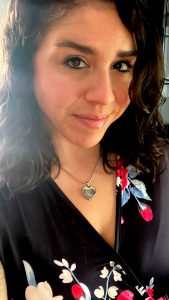
Sanitary Commission
The Sanitary Commission was formed in Washington, D.C. in 1861 during the American Civil War (1861-1865). This was in direct response to the overwhelming need for medical care, food, clothing, better sanitary conditions, and an overall greater sense of personal welfare and cleanliness for the Union Army. In fact, according to the U.S. Army War College, “The U.S. Sanitary Commission, the only civilian-run organization recognized by the federal government, would serve as the focal point for civilian assistance to the military.”
Additionally, fundraisers were held by this committee because they received no financial assistance from the Federal government. Branches of this committee were created throughout the country in a short period of time to aid in the war effort.
An example of an offshoot sprouting from the Sanitary Commission was explained by James L. Bowen, who authored “Massachusetts In the War: 1861-1865.” He stated: “in December 1861, the Women’s Auxiliary Association, a branch of the Unites States Sanitary Commission, had been formed with headquarters at Boston, its field covering the Commonwealth and the three norther New England States.”
On November 30th, 1863, this brochure – printed by Wm. S. Robertson of 5 Bedford Street – informed residents that Fall River’s City Hall would be hosting “A Grand Entertainment for the benefit of The Sanitary Commission.” In addition to dinner and dessert, there would be “fancy articles” for sale, living pictures, a grand musical charade and more.
General admission tickets to the hall were twenty-five cents, dinner tickets were fifty cents, and to view the art gallery, tickets were ten cents. Not only did the Sanitary Commission find a way to band together to raise money, but they also did so in a manner that would lift their spirits during a time of crisis.
The organization fully dissolved by July 1865, but their last act was a publication of their full history in 1866. To read more about the Sanitary Commission, please click the link here: https://archives.nypl.org/mss/3101








